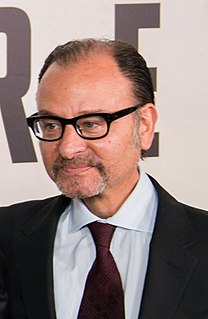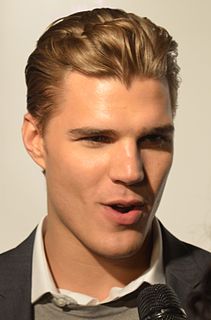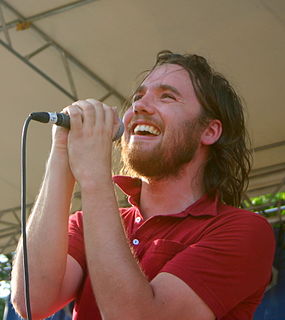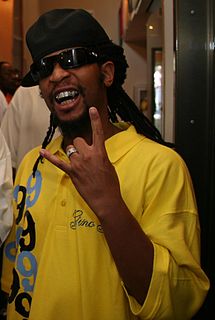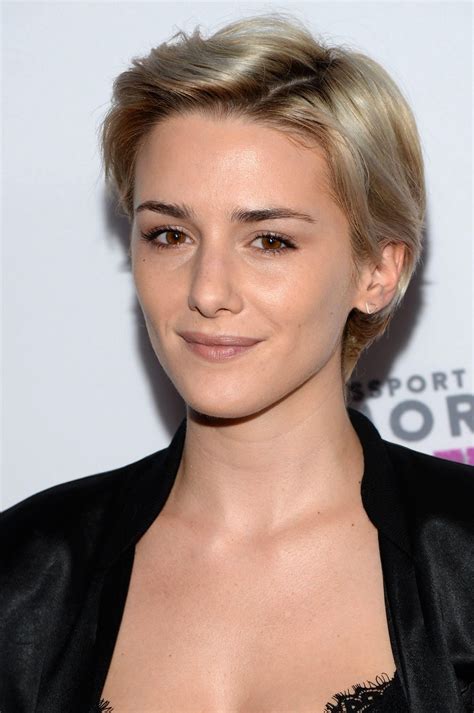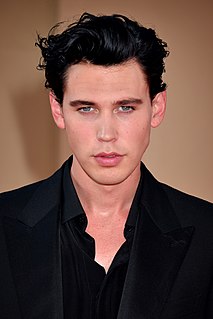A Quote by Caitlin Fitzgerald
In a play, you know where you start and end and all the stops you have to do, but in television, you can't construct this carefully planned out arc for your character. You often get a script and you're shooting it two days later, and you don't know what's going to happen next. It's one of the harder things that I've done.
Related Quotes
As an actor, you don't want to know the beginning and end to your character's arc. It makes it more fun. You're not playing the end. You're playing it realistically. You don't know where this character is going to go and what's going to happen to him, which just makes it more interesting for the viewers to watch. They're going on the journey with you, as the actor and the character.
As an actor, you don't want to know the beginning and end to your character's arc. It makes it more fun. You're not playing the end. You're playing it realistically. You don't know where this character is going to go and what's going to happen to him, which just makes it more interesting for the viewers to watch.
Somebody comes to your house. You know they're coming, so it's not a surprise. And they give you an envelope that has your scenes in it. And they sit in the car outside for a half an hour while you read your scenes, then they ring your doorbell and you give your scenes back. Then you shoot the movie a few weeks later or something. The next time you see your scenes is the night before you start shooting. I never read the script [Blue Jasmine], so I didn't really know what it was about.
You know and I know that as soon as it's done, you have to get it out there. You want what's best for it. And especially in owning a label, which some days is the greatest thing for me and in some days is my demise because you see the truth and the work that goes into things and you see things happen and you see things not happen, and all you want in this world of currency right now is popularity, that's it!
When I am writing I don't set a certain number of pages. I do know that the further into a script I get the faster it goes. As soon as you start making decisions you start cutting off all of the other possibilities of things that could happen. So with every decision that you make you are removing a whole bunch of other possibilities of where that story can go or what that character can do. So when I get maybe 2/3's of the way through I can see very clearly where it is going to go.
Celebrity Apprentice' was something where you don't know what you're going to do the next day. Every two days, somebody goes home, and you don't know if the next day you've got to be the project manager or what's going to happen, so you can't really prepare. You really have to be on top of everything.
People say, 'Well, whose career do you follow? Where do you see your career going? What movie do you want to do next?' And I can't tell you what type of movie I would go and do next. I would have to read the script and feel for a character. And if I feel in my gut for a character, I know that that's somebody I have to play.
Usually, you get a script and you have the whole story. All the acts are there, for a play. You know what happens in the first, second and third acts, and you know how it starts, where you go and where it finishes. [With American Horror Story: Asylum], it's a whole new experience. I don't know where it's going, and I don't know what's going to happen next. It's been an interesting way to work. It's made me work in a much more fluid, braver way, just taking every chance that comes along.

